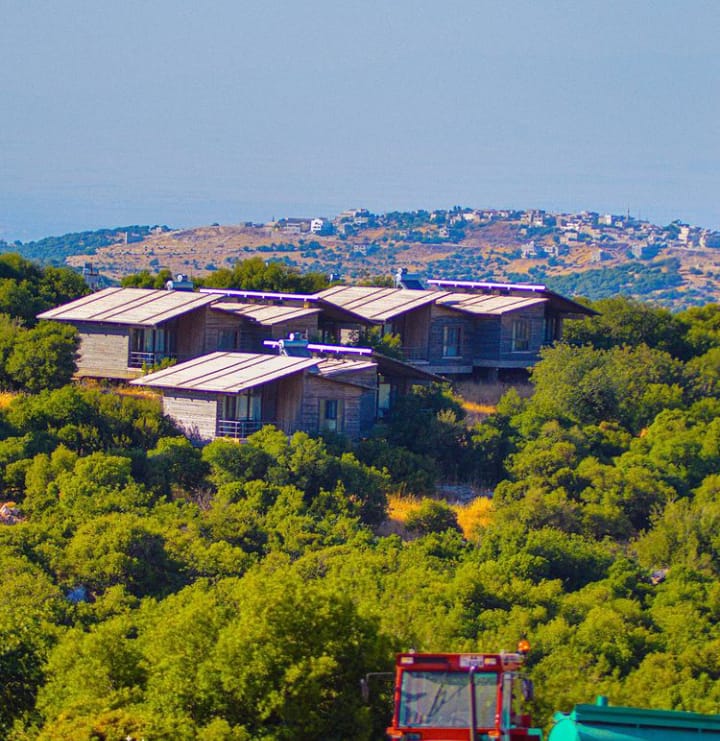

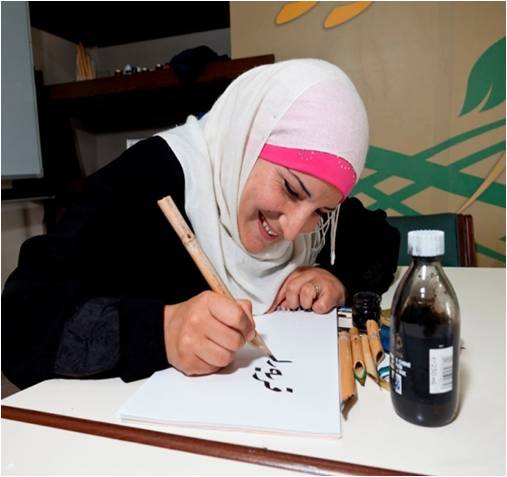

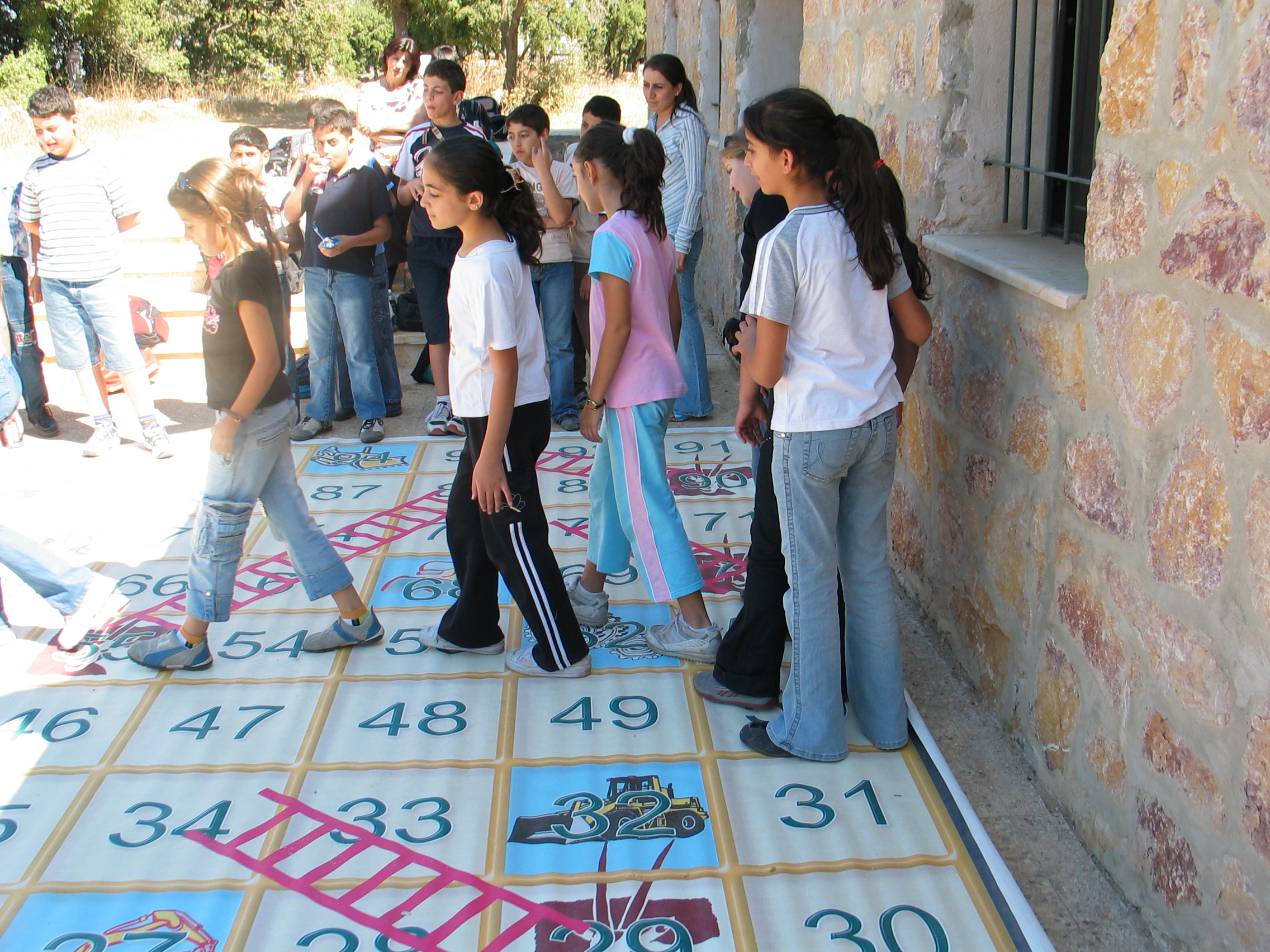
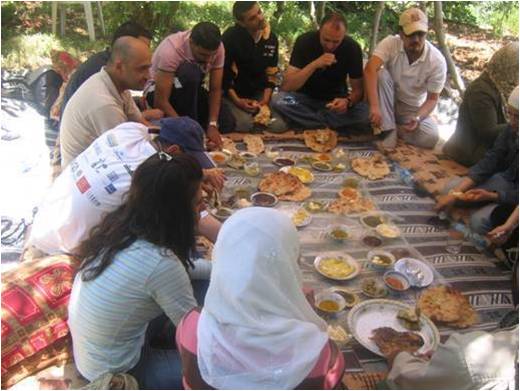
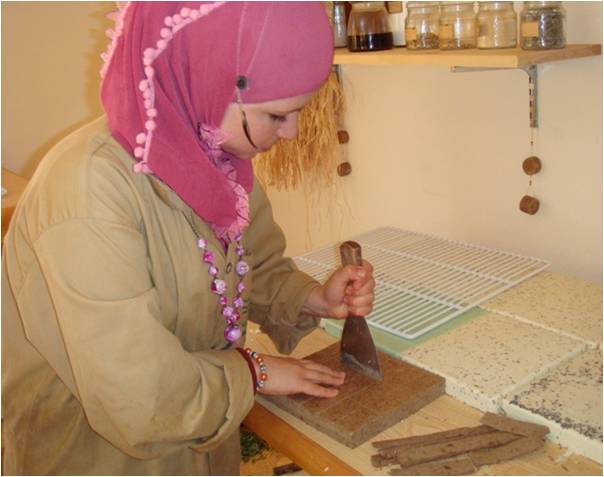
The area of the reserve barely received any visitors before we developed the eco-tourism infrastructure and facilities that serve both the day visitors such as various hiking trails, restaurants, or accommodation cabins that attract nature lovers who desire to stay overnights in the area. We made sure that our ecotourism products depended on natural and cultural resources, low level of technology with a low negative impact on nature respecting the carrying capacity of the site.
We also linked the reserve with the surrounding historical and cultural attractions to create benefits and alternative income for the people living around the reserve who we assisted in the rehabilitation of their houses that are located along the hiking trails to be stop points for food and beverage.
Last year we made a qualitative leap in tourism by launching a Zip-line game that significantly contributed in enriching the experience of the visitors of the reserve, we also enhanced many of our trails and added more signs to guide the path and give more information about the reserve and its biodiversity.
The Eco-tourism and Socio-economic projects created income-generating nature-inspired jobs that contribute to the sustainable development of the reserve and its conservation programs, and provide economic benefits to the locals and help developing this rural area and its inhabitants by enhancing the infrastructure and the needed services like electricity, roads, and water.
we changed the locals' attitude towards nature conservation and helps them understand and value their natural heritage, and to ensure that we provided educational programs to children
- helping nature=helping people
- large segment of locals support all the reserve programs
- empowering women means empowering the whole community
- the reserve becomes a role model in developing the local comunity